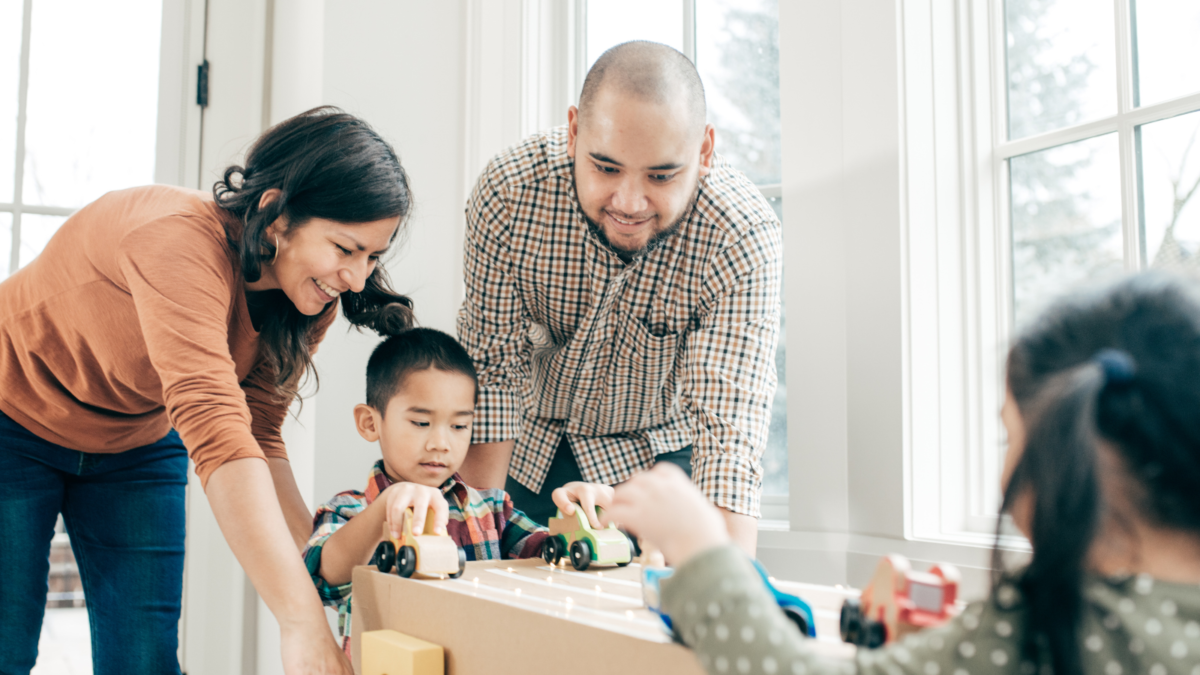This news piece was written by Ben Lewing, Assistant Director, Policy and Practice at What Works for Early Intervention and Children’s Social Care.
We heard recently that What Works for Early Intervention and Children’s Social Care has been selected as the evidence partner for the national Reducing Parental Conflict (RPC) Programme for the next two years. This work will build on the legacy of the Early Intervention Foundation – we have come so far since we published our first What Works Review in 2016 on how the quality of parental relationships affects children’s lives. It is exciting to continue our work on family relationships as part of this programme.
One of the critical ingredients of the national RPC Programme has been the interface between evidence and local leadership, giving local authorities and their partners the tools to make healthy relationships part of their early help strategy.
Our programme over the next couple of years will focus on what works in the local context – for involving families in service planning; for communicating with families who are experiencing relationship distress; and for supporting organisations such as schools, the Police and the NHS to better manage parental conflict.
There is also more to do on evaluation, both understanding what approaches work best to support families experiencing conflict and skilling up local areas to evaluate the impact on families and practitioners of their local strategy.
At the heart of our approach, as it has been from the start, will be a partnership with local areas to develop ideas and test new approaches in the local context. We are particularly interested, for example, in how peer- and sector-led improvement approaches can strengthen and sustain work on reducing parental conflict for the longer term.
Local areas have made great strides forward on multi-agency arrangements for reducing parental conflict over the past few years, but this work still needs to be finished. Evidence about early interventions and practices can make a difference, and we are still learning, including about the role that Family Hubs can play.

